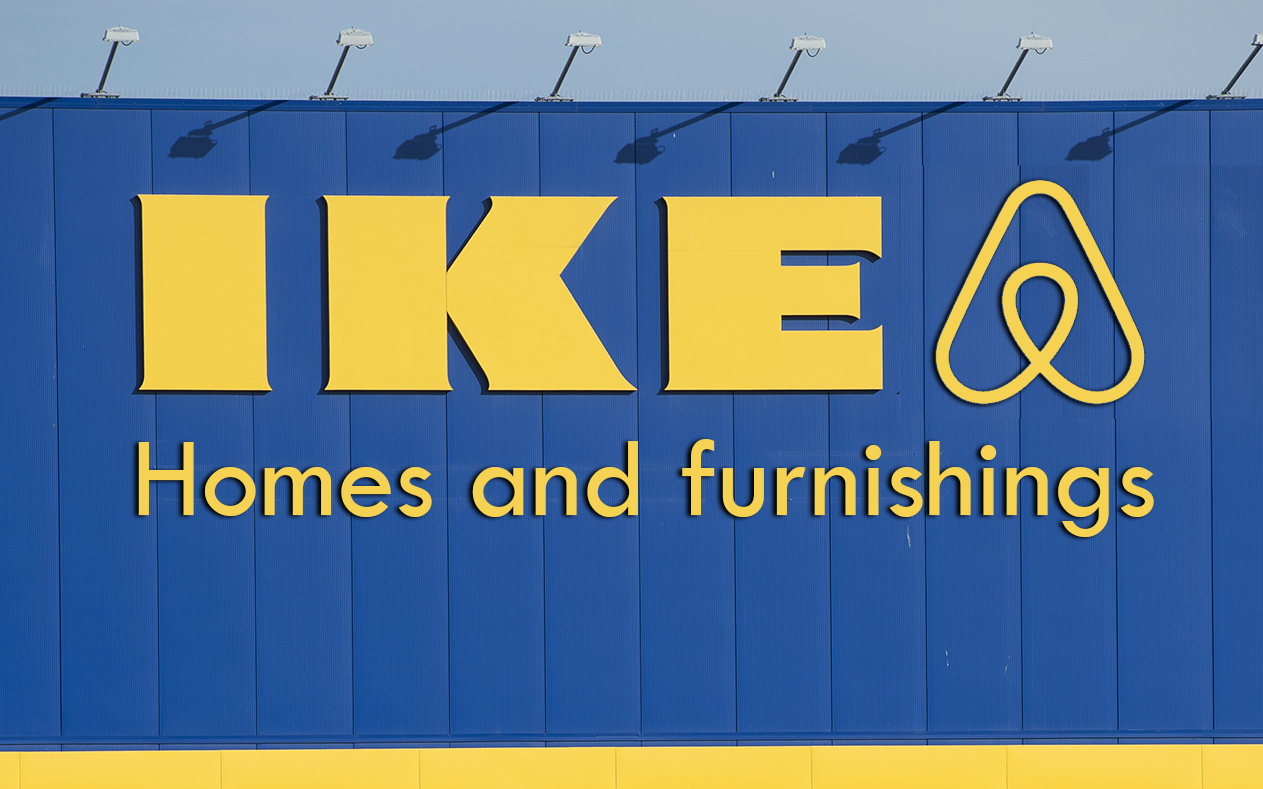KUALA LUMPUR ( MEDIA REPORT )
Two years ago, I went to buy the cheapest possible bed set for my home. Away from fancy show rooms, I found a shabby furniture workshop built probably on an illegally obtained land in Golra market, Islamabad.
After some bargaining, I placed an order for two single beds and paid an advance for the total purchase of Rs12, 000. After one week, I got my beds delivered after paying further Rs500 to the delivery van.
- Two weeks ago, in Kuala Lumpur, I went to IKEA–one of the world’s famous Swedish enterprise for home products–to purchase a similar item.
I paid 538 Malaysian Ringgits for two single wooden beds, which translates into Rs12, 638 currently. These beds were unassembled, and we brought them back home, and after some hours of assembling, the two bed sets were ready.
With the high quality of IKEA, the beds were ready almost in the same amount as the cost in the shabby furniture workshop of Golra, Islamabad. Without any doubt, the beds made in IKEA would be much cheaper than beds made in Pakistan’s posh retail showrooms. For a consumer, nothing can be more charming than a product with low price and better quality. If he can have the choice, he would always prefer IKEA to Golra market. IKEA is able to match the lowest price and high quality due to its innovation, product differentiation and economies of scale.
Obviously if IKEA opens up an outlet in Pakistan, it will force several local companies out of business. What should be the role of policy in this situation?
Policy direction
One knee jerk reaction of our government will be to discourage and disrupt the supply chain on which IKEA survives. It will most likely impose a high regulatory duty on import of the ‘semi-knocked down’ units that it will import, thus forcing an artificial increase in the price.
Next, it will also consider imposing additional excise duty on all products shipped out. Thus it will take all possible measures to give an advantage to local players.
The local producers will also join hand to stop the ‘exploitative’ strategies of a new multi-national company and will probably prevail on the government using protests and threatening job losses. On the other hand, the government will actually introduce higher taxes on some companies and can even charge ‘super tax’.
However, as a consumer, I will continue to be ripped off.
The government will enjoy more revenue through taxation and the local producers will enjoy more protection.
As of December 2016, IKEA operates 392 stores in 48 countries and is now the world’s largest furniture retailer in the world. In 2016, the company reported revenue of €35.074 billion.
As our libertarian philosopher Khalil Ahmad says, “let the wealth be created first, it won’t stink in the lockers.” Developed countries have not only allowed producers and investors to create wealth but in fact have helped create it.
Only then, consumers are able to enjoy products at competitive rates. In Pakistan, we are busy in stopping the process of wealth creation and when it is created, we are only helping this to be transferred outside.
Unrealistic expectations
Can we imagine an IKEA store opening in Pakistan any time soon?
Hypothetically speaking, if there is no or little tax on import and no unfair protection to local furniture manufacturers, Pakistani consumers are in a position to easily afford most of the 12,000 products that IKEA now produces. The government will also be better off by receiving increasing amount of income tax subsequently rather than losing money due to thousands of informally operating workshops.
I can confidently say for myself that the two single beds I bought from IKEA for Rs12,638 (and few of my own hours) gave me far more pleasure and value compared to the two single beds I bought from a shabby little furniture workshop in Rs12,500, that paid no taxes, from Golra market.
The writer is founder of PRIME Institute; an independent think tank based in Islamabad and is now living in Kuala Lumpur, where he is CEO of Istanbul Network for Liberty and Director Research IDEAS.
Published in The Express Tribune, April 17th, 2017.

